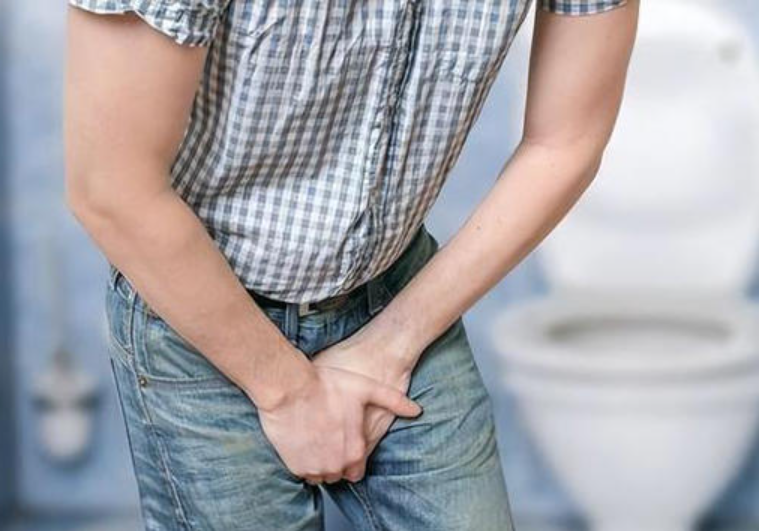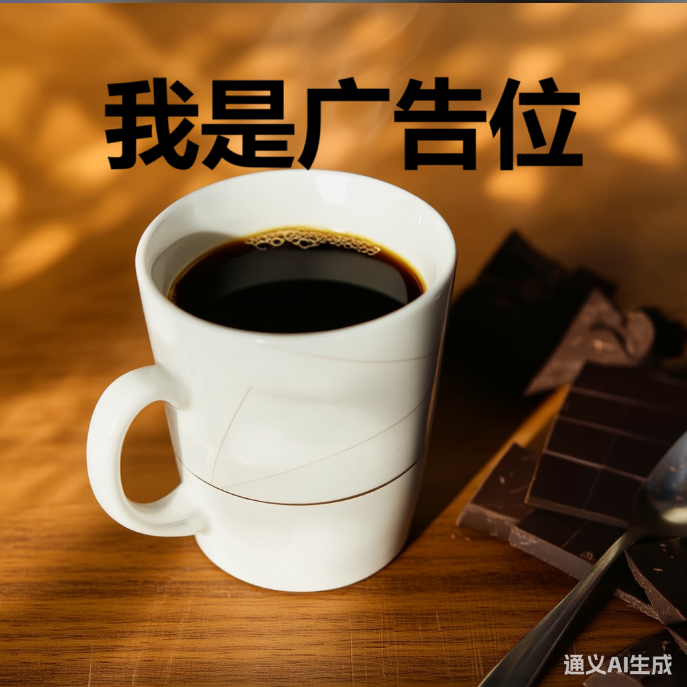Tom, 53, is a high-powered corporate executive. With a packed schedule and constant stress, drinking little water has become his norm.
He always says:
“I only drink when I’m thirsty. And if I drink too much, I’m running to the bathroom all day—it kills my productivity.”
Recently, during a routine check-up, Tom’s blood test showed elevated creatinine levels, and his urine tested positive for protein. He was diagnosed with early-stage chronic kidney disease (CKD).
Shocked, he asked his doctor:
“But I don’t drink alcohol or stay up late—how did this happen?”
The doctor replied gently:
“The way you drink water every day may be harming your kidneys more than you realize.”
You Think Drinking Water Is Always Healthy? Think Again.

Many believe that “drinking water = good for kidneys.” But how you drink, what you drink, when you drink—and even your body’s state while drinking—can silently strain your kidneys over time.
Your kidneys act like the body’s natural filtration system: they clean your blood, remove waste, and balance fluids and electrolytes. Water should support this process—but the wrong habits turn hydration into a burden.
Clinically, many early-stage CKD patients share these common drinking mistakes:
❌ 1. Waiting Until You’re Thirsty to Drink
Thirst is a late signal—especially in older adults. By the time you feel dry-mouthed, your kidneys have already been filtering highly concentrated waste for hours, increasing stress on nephrons (kidney’s functional units) and causing gradual damage.
❌ 2. Gulping Down Large Amounts at Once
Chugging a whole bottle after exercise or on a hot day floods your system. This sudden water surge forces your kidneys to work overtime, potentially disrupting electrolyte balance and straining glomerular filtration.
❌ 3. Drinking Poor-Quality or Overly Mineralized Water
Long-term use of unfiltered tap water or well water may expose you to heavy metals, sediments, or excessive minerals. Your kidneys end up “detoxifying” these contaminants—day after day—accelerating wear and tear.
❌ 4. Replacing Water with Sugary Drinks
Sodas, energy drinks, and sweetened beverages contain sugar, phosphates, and preservatives that increase acid load, inflame renal tubules, and raise the risk of kidney stones.
📊 Research shows: Chronic exposure to high osmotic pressure and metabolic stress speeds up nephron loss—paving the way for CKD.
Bottom line: Drinking water ≠ kidney protection. Wrong hydration can be worse than not drinking enough.

✅ 4 Smart Ways to Protect Your Kidneys Through Better Hydration
1. Sip Small Amounts Throughout the Day
Aim for 6–8 cups (1.5–2 liters) daily, divided into 150–200 ml portions every 1–2 hours. Gentle, consistent intake keeps urine diluted and reduces filtration stress—like “nourishing with quiet rain,” not a flood.
2. Choose Clean, Low-Mineral Water
Use a trusted filtration system. Avoid long-term consumption of hard water (high in calcium/magnesium) or untested sources to lower risks of kidney stones and chronic inflammation.
3. Hydrate at These 3 Key Times
- Right after waking up: Kickstarts kidney function
- Between meals: Helps flush metabolic byproducts
- 1 hour before bed: Replenishes overnight losses—but don’t overdo it to avoid nighttime strain
4. Swap Sugary Drinks for Kidney-Friendly Alternatives
If plain water feels boring, try:
- Light lemon water
- Diluted herbal teas (e.g., cassia seed tea)
- A pinch of sea salt in water (for electrolyte balance)
Avoid: sodas, bubble tea, sports drinks—they’re hidden kidney stressors.
Final Thought
Your kidneys work silently—until they can’t.
Don’t wait for symptoms. Start hydrating smarter, not just more.
💧 Your next sip could be the first step toward lifelong kidney health.
ℹ️ Chronic Kidney Disease (CKD) affects over 850 million people worldwide. Early detection and lifestyle changes—like mindful hydration—can slow or even prevent progression.
